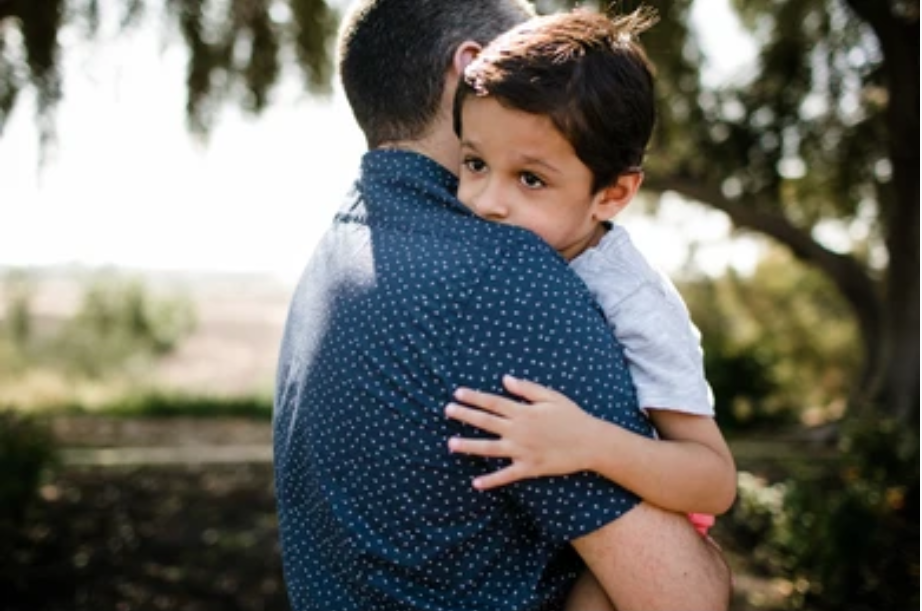Post-traumatic stress disorder (PTSD) is a condition that is commonly associated with military veterans or people who have experienced a traumatic event. However, recent studies have shown that PTSD may also present itself in children, and can even look like autism in some cases.
While autism and PTSD are undoubtedly two very different conditions, they share some common symptoms. For example, both conditions can cause social withdrawal, emotional numbness, and difficulty with communication. This can make it difficult for parents and caretakers to determine which condition a child may be experiencing.
But why might PTSD mimic autism in some children? Experts contend that trauma can have a profound impact on a child’s brain development, which can in turn affect their social, emotional, and cognitive functioning. This can lead to symptoms that resemble those of autism, such as difficulty with social interaction and communication.
It’s important to remember that PTSD and autism are distinct conditions that have different underlying causes, and therefore require different treatment approaches. However, misdiagnosing PTSD as autism can delay necessary treatment and keep children away from getting the help they need.
Luckily, there are ways to distinguish between the two conditions. For example, while social withdrawal is a common symptom of both PTSD and autism, children with PTSD may withdraw specifically from situations or stimuli that are associated with their trauma. In addition, children with PTSD may display symptoms such as nightmares, flashbacks, and hypervigilance, which are not typically associated with autism.
If you suspect that your child may be experiencing PTSD, it’s important to seek help from a qualified mental health professional who can provide a proper diagnosis and appropriate treatment. This may include therapy, medication, or a combination of both.
In conclusion, while PTSD and autism may share some common symptoms, it’s crucial to understand the differences between the two conditions in order to provide the best possible care for your child. By being aware of the symptoms of PTSD and seeking the expert help, you can help your child overcome the effects of trauma and move towards a brighter future.
Reach us out at (000-000-0000) for individualized treatment support and guidance for your children.
















